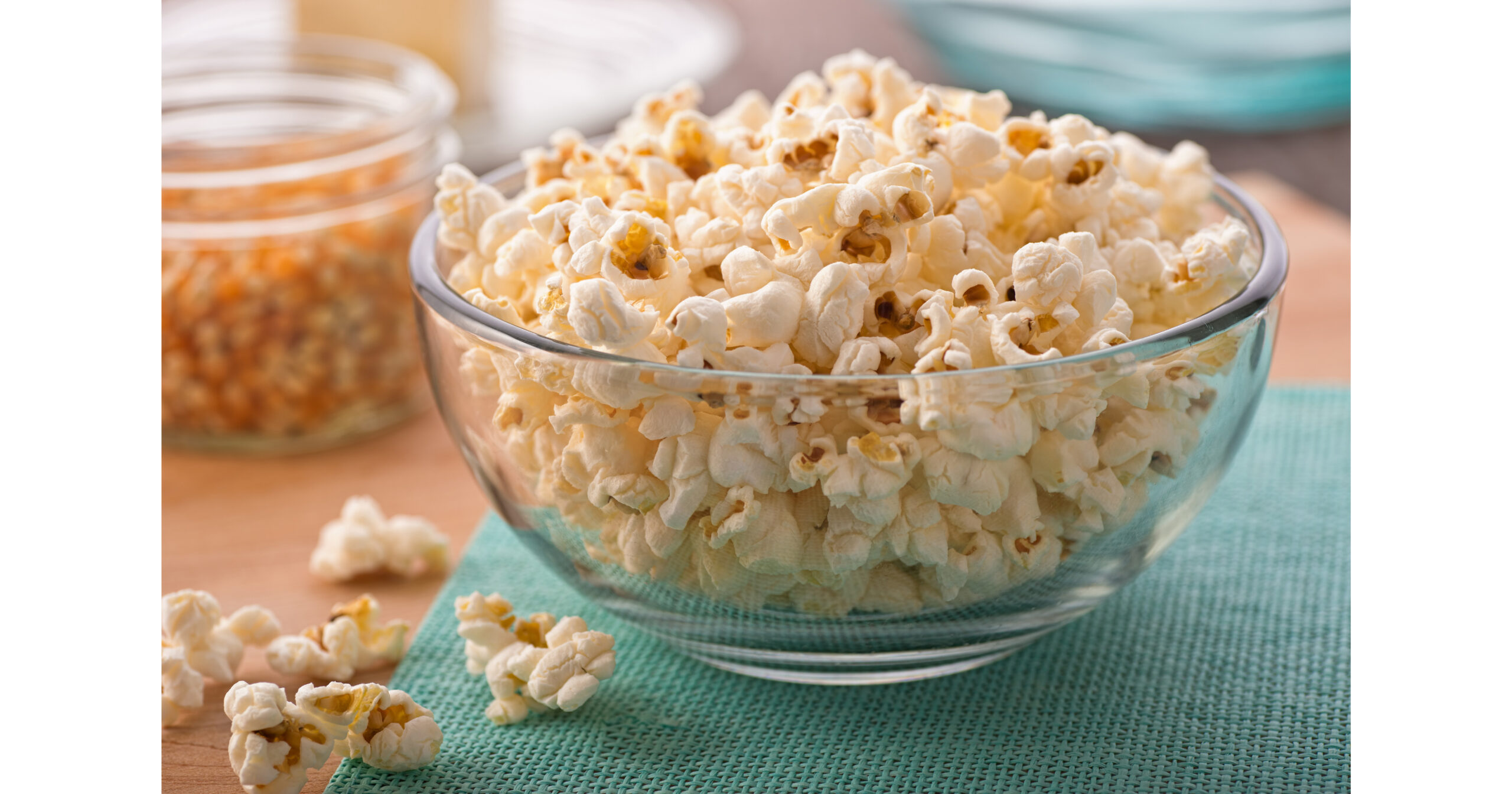A common myth is that if you feed your baby cereal or pablum before bed, it will help them sleep better. This isn’t true, in fact, sometimes it can cause a bit of a restless sleep because their tummies are too full. So what about adults? Are there foods that we should avoid or are there foods that will help us sleep better? I turned to Sarah Remmer, RD for some answers.
What are some foods that we can eat to help with sleep?
Unfortunately, there aren’t any magical sleep-inducing foods out there. However, if you are physically hungry before bedtime, a small snack might help you sleep more soundly by preventing hunger pangs or a drop in blood sugar. It’s best to keep a bedtime snacks small and light so that your body doesn’t have to work too hard to digest the food while you’re sleeping. Stick with healthier options such as a glass of milk, a small handful of almonds, some air popped popcorn, a small bowl of greek yogurt and berries, an apple with peanut butter, or low-fat cottage cheese with a few whole grain pita chips. These lighter options will prevent sleep disturbances and hopefully leave you waking up with the absence of tummy growls.
Sign Up For Our Newsletter
Are there any foods that we shouldn’t eat near bedtime?
To avoid sleep disruptions, you should skip anything heavy with a lot of protein, fat, or fibre such as high-fat dairy products, meats, or a large portion of whole grains or vegetables. Protein and fat are digested slowly and may cause stomach upset, cramping, bloating or heartburn if eaten too soon before lying down and in a large quantity. Also avoid caffeine because it stimulates the nervous system, and anything carbonated because it can cause bloating and distention-something that will not help in the sleep department. Other pesky sleep inhibitors would be alcohol, spicy food, fried foods, foods with a lot of sugar, pop, ice cream, chili, and raw vegetables.
Are there any drinks that you would recommend to help relax before bed?
Herbal Teas are all caffeine free, peppermint or chamomile tea is a classic bedtime drink. Warm milk is also a good bedtime soothing beverage.
I know caffeine should be avoided before bed, but when can we enjoy our last cup?
The answer to this isn’t really a crystal clear. Caffeine is absorbed rapidly reaching peak concentrations in the body in just 30-75 minutes after consumption. Therefore, some studies have shown even though coffee consumption right before bed might not affect the length of time it takes an individual to fall asleep, it will still cause sleep disturbances. Therefore, you may think sipping on caffeine right before bed isn’t affecting your sleep, but it could be affecting your overall sleep quality without you knowing it. Caffeine does flush out of your system between 3-7 hours after consumed. That means technically one should enjoy their last cup of coffee in the mid-afternoon. But, this is just an approximation as it really depends on how an individual’s body reacts to caffeine, their habits, if they are a consistent coffee drinker and their sleep schedule. If you think caffeine is affecting your sleep it would be beneficial to change your evening or late afternoon cup to an early afternoon cup. I recommend not drinking coffee past about 2pm, and instead opting for water or unsweetened herbal tea to quench thirst.
Which foods and drinks have caffeine in them that we might not even realize we are consuming?
Almost anything that is chocolate or chocolate flavor contains caffeine; hot chocolate, chocolate yogurt, chocolate pudding, brownies, chocolate ice cream and chocolate bars. Many carbonated beverages such as soft drinks and energy drinks also contain caffeine. And we cannot forget that certain leaf or bag teas, such as black or flavored black, green, oolong and white, and decaffeinated tea still have varying caffeine amounts present.
Is there an amount of time we should have between eating and going to sleep for the night?
My rule of thumb is to stop eating about one-and-a-half to two hours before bed. If you are someone who tends to have an earlier dinner, an evening snack might make sense. On the other hand, if you usually eat dinner later (less than two hours before bed), you likely won’t need a snack. You should never ignore your hunger signals, so having a light snack before bed, even 30 minutes’ prior is totally is better than ignoring those cues (which will hinder your ability to fall asleep!).
Thank you for the great information Sarah! Eat better, sleep better!
You can contact Sarah Remmer, BSc. RD, Canada’s Child and Family Nutrition Expert Registered Dietitian, Family Nutrition Educator, Freelance Writer 403 389 3284 www.sarahremmer.com www.thenondietdietitian.com Facebook Instagram
References:
http://www.dietitians.ca/Your-Health/Nutrition-A-Z/Caffeine/Food-Sources-of-Caffeine.aspx http://www.sciencedirect.com.ezproxy.msvu.ca/science/article/pii/S1087079207000937 http://www.huffingtonpost.ca/2012/09/07/foods-before-bed-foods_n_1861940.html http://www.pennutrition.com.ezproxy.msvu.ca/KnowledgePathway.aspx?kpid=3127&trid=15417&trcatid=467
https://health.clevelandclinic.org/2014/06/5-foods-that-help-you-sleep/











